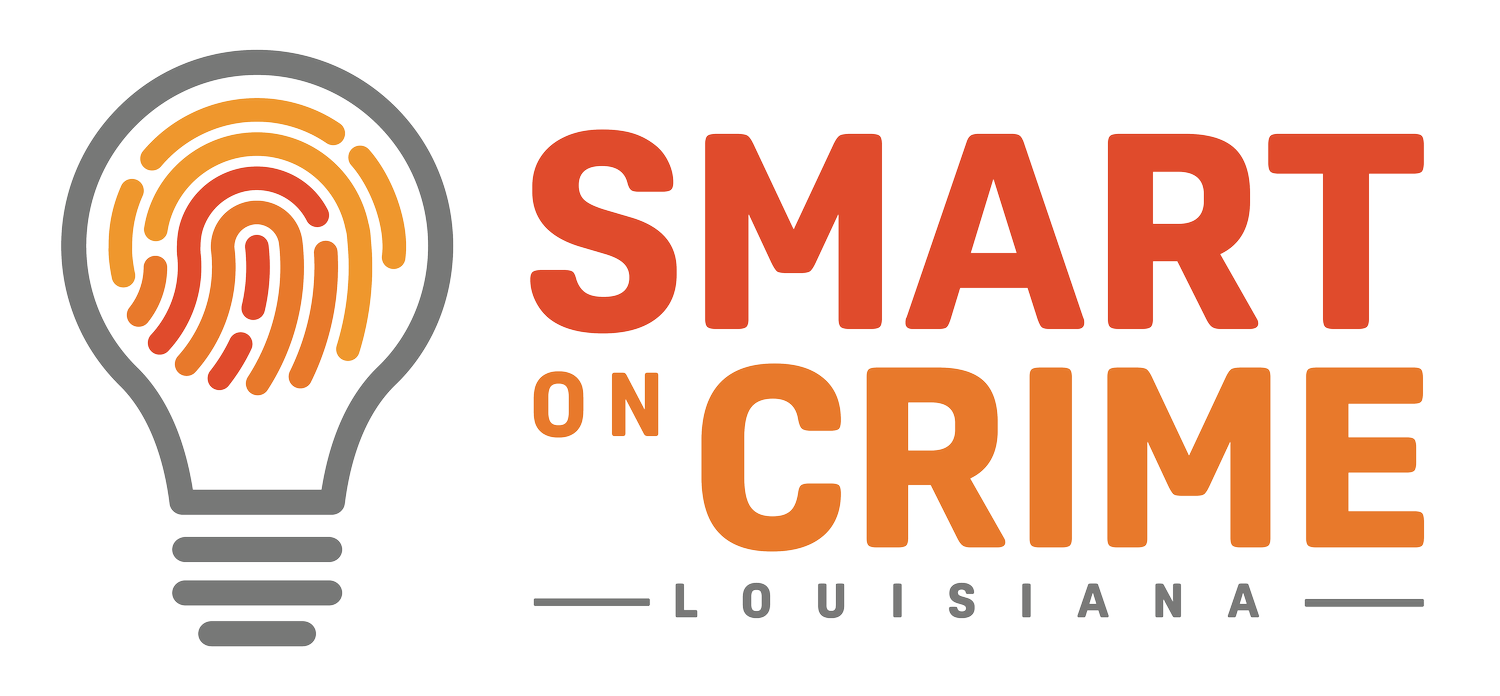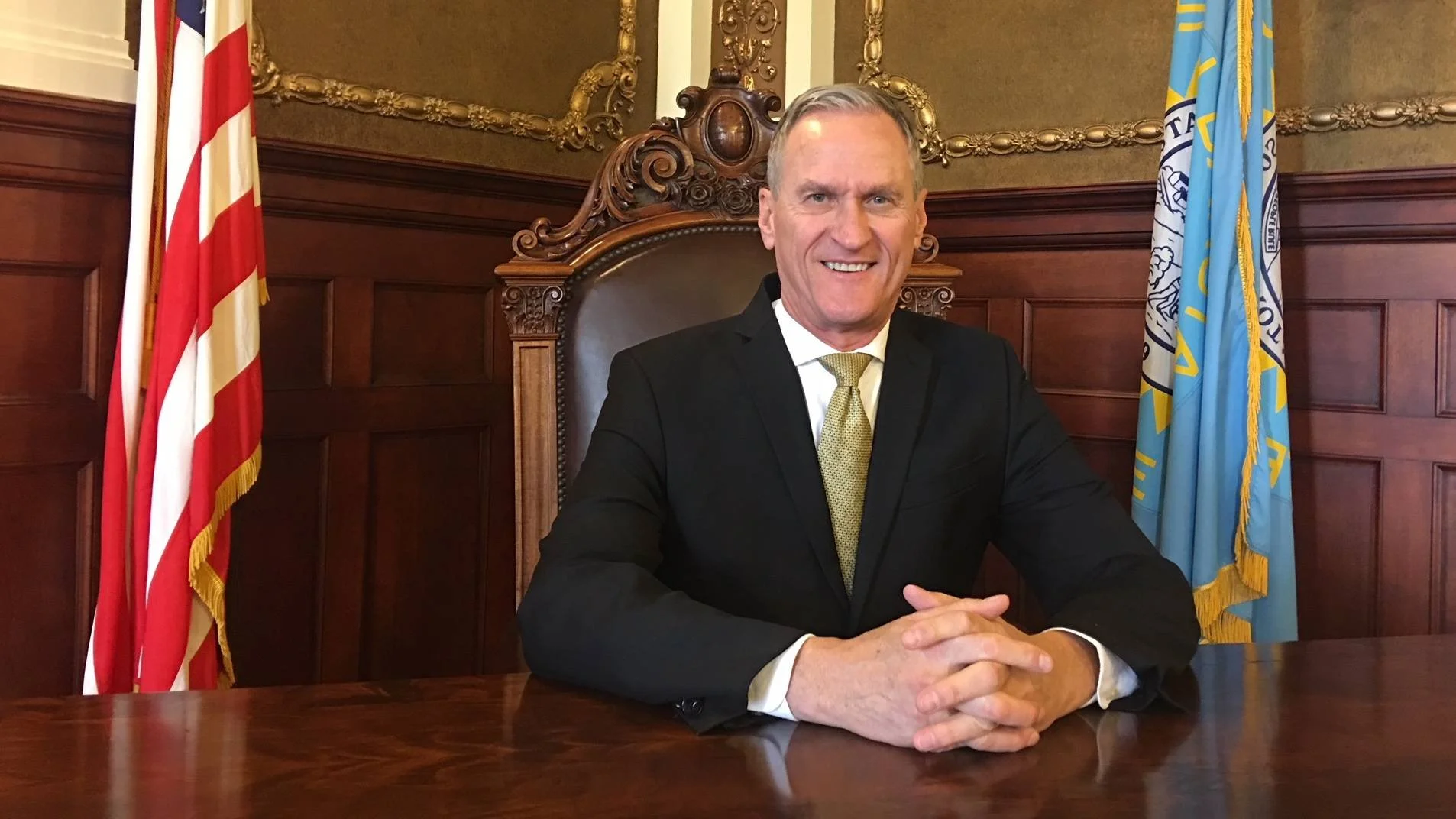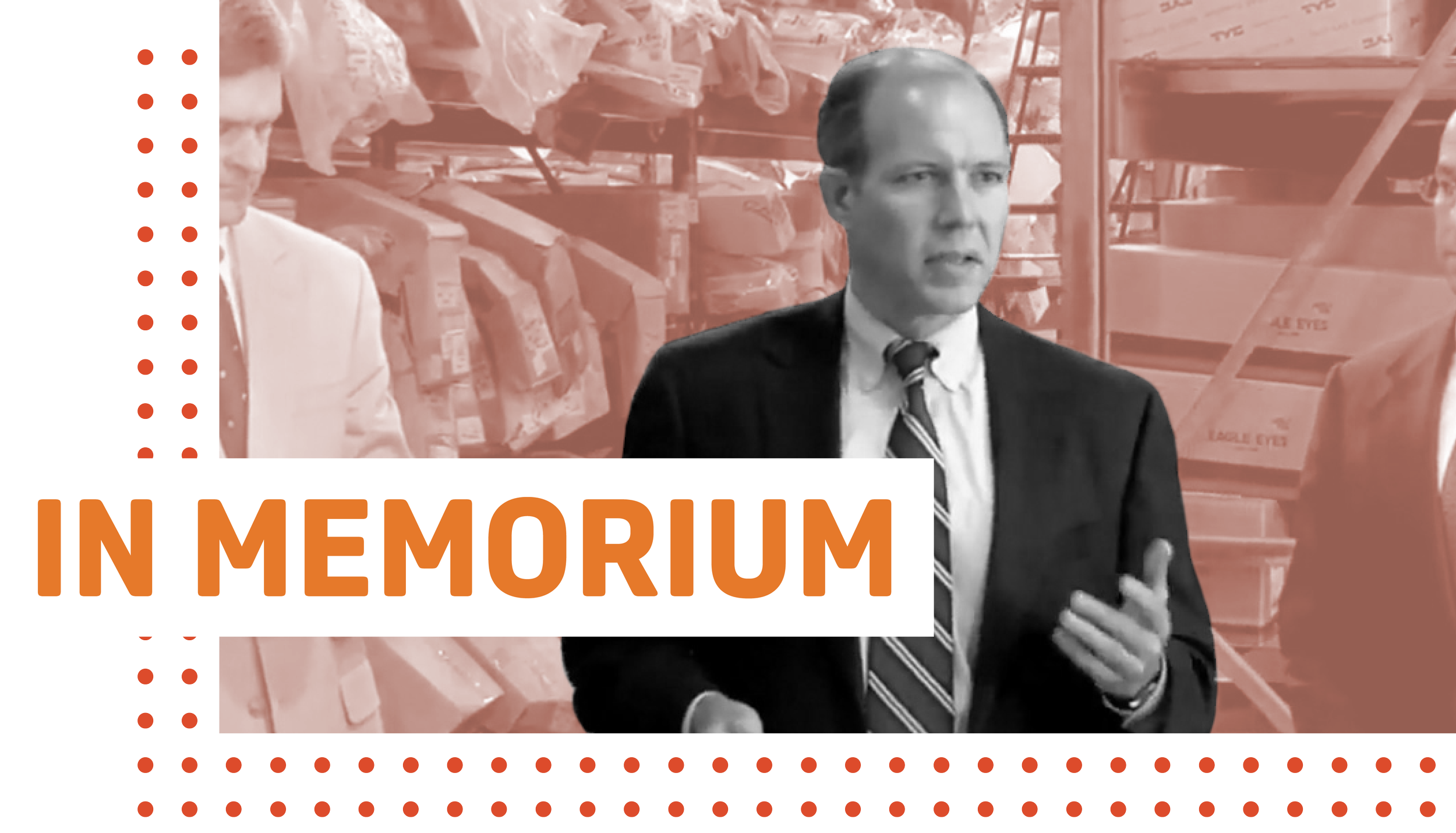
Create Data-Driven Public Safety Policies
Effective public safety policy is critical to Louisiana’s future. A Smart on Crime approach to policy decisions means data-driven, experience-based policies that are proven to reduce crime and recidivism and make the best use of scarce taxpayer dollars. Louisiana has made great strides toward this objective, but there’s more work to be done.
Too many of our communities still face high levels of crime. Too much of our justice system lacks transparency and accountability. And, too many justice-involved people are ill-prepared for the opportunity to effectively re-enter society, get meaningful work, and become productive citizens again.
Now is the time to follow the data, to remain Smart on Crime, to ensure previous reforms are implemented well, and to join together to make Louisiana a better, safer state.
LATEST ON THE BLOG
OUR MISSION
Smart on Crime is a coalition of Louisiana business leaders and conservative organizations advocating for data-driven and fiscally sound criminal justice policies in Louisiana.
THE FACTS.
“The business community well understands that justice and prosperity require clear, fair, and predictable law that is uniformly applied to all.”
— Jay Lapeyre, President, Laitram, LLC
“The evidence shows that sensible reforms allow states to reduce incarceration rates, save money and preserve public safety.”
— Pres Kabacoff, CEO, HRI Properties
WHAT OTHERS
ARE SAYING
Remembering Kevin Kane
Kevin's leadership on Smart on Crime Louisiana to advance criminal justice reform will benefit countless families for decades to come.






















